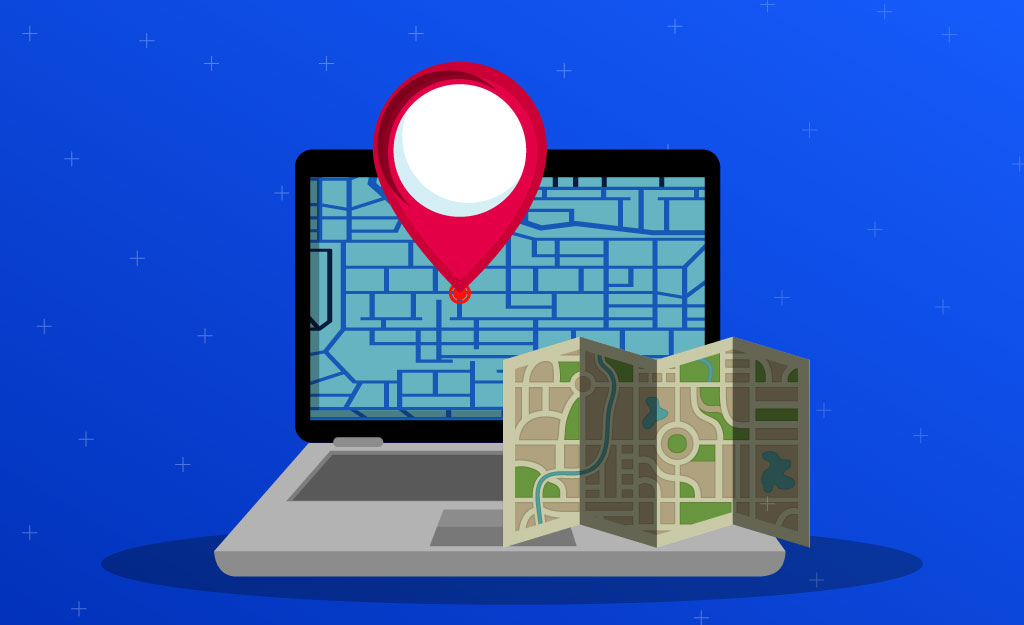
When building or optimizing your online presence, there are a lot of elements to consider — website design, content, marketing, SEO, and more. But there’s one often-overlooked factor that quietly plays a major role in your website’s performance and your business success: server location.
Where your website is hosted — geographically — affects not just how fast it loads, but also how trustworthy it feels to users, how well it ranks on search engines, and ultimately, how well it supports your business goals.
In this article, we’ll explore how server location impacts both technical performance and business outcomes, and why making the right hosting decision can give your business a measurable edge.
What Is Server Location?
Your website is stored on a physical server, located in a data center somewhere in the world — maybe in the U.S., Germany, Singapore, or the UK. Every time someone visits your site, their browser sends a request to that server and waits for a response.
The farther your visitor is from your server, the longer that response takes. This delay, known as latency, can slow down your website and lead to poor user experience.
In simple terms:
Closer server = faster website = better business results.
Speed = Experience = Sales
Page speed is no longer a luxury — it’s a necessity. Studies show that users expect websites to load in under 2 seconds, and delays of even a single second can drastically reduce engagement and sales.
Hosting close to your target audience:
-
Reduces latency and load time
-
Improves customer satisfaction
-
Increases trust and brand perception
-
Helps reduce bounce rates and abandoned carts
Example:
A UK-based business hosting its website on a U.S. server could see a 1–2 second delay for UK visitors. By switching to a UK-based server, the business not only improves site speed but also creates a smoother experience that can lead to more conversions.
Server Location Helps SEO
Google cares about speed, user experience, and relevance. Your hosting location plays a role in all three.
Here’s how server location impacts SEO:
-
Faster Load Speeds: Google uses page speed as a ranking factor, especially on mobile.
-
Lower Time to First Byte (TTFB): A key technical metric that can boost your Core Web Vitals.
-
Geo-targeting: Search engines sometimes use server IPs to determine if your site is relevant to a specific country.
If your server is in the UK and your audience is in the UK, your site is more likely to rank in Google UK and other local search engines.
Business Impacts You Might Not Expect
Choosing the right server location isn’t just about performance — it’s about setting your business up for success across the board:
1. Better Conversions
Faster load times mean smoother browsing, quicker checkouts, and higher trust — all of which lead to more sales.
2. Improved Local SEO
Being closer to your audience helps you appear in local search results, which is crucial for service businesses and regional brands.
3. Compliance & Data Privacy
In some industries or regions, hosting data within specific countries helps you meet regulations like GDPR.
4. Enhanced Brand Image
When your site loads fast and performs smoothly, customers associate your brand with quality and professionalism.
VernalWeb Now Offers UK Hosting
To support businesses targeting the UK and European markets, VernalWeb has launched a new state-of-the-art data center in London. This enables our customers to:
-
Host their websites closer to their audience
-
Enjoy faster performance and lower latency
-
Improve SEO visibility in the UK
-
Meet region-specific data policies
Whether you’re a freelancer, a startup, or an established UK brand, hosting your website locally can make a measurable difference in your growth.
Isn’t a CDN Enough?
While a Content Delivery Network (CDN) can help speed up the delivery of static files like images or scripts, your website’s origin server still plays a crucial role in overall speed and performance.
For dynamic websites, online stores, or apps that serve location-based data, local hosting outperforms a distant server paired with a CDN.
Final Thoughts
Your website is often your first impression — and your most important sales tool. If it’s slow, unresponsive, or ranks poorly in search, you’re leaving opportunities (and revenue) on the table. Your business deserves an infrastructure that works as hard as you do. That starts with choosing the right server location.